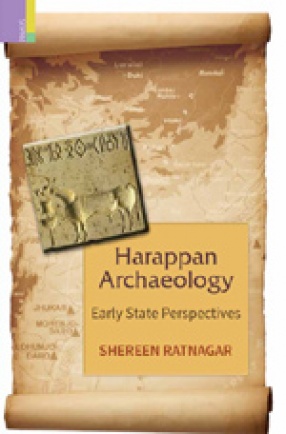
Shereen Ratnagar

Showing all 8 books

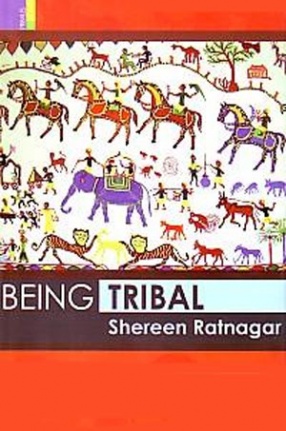
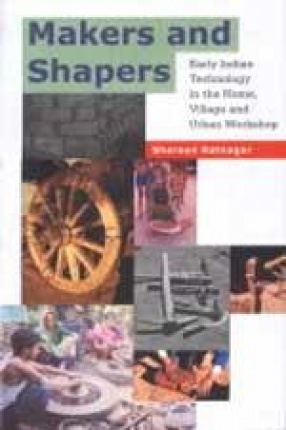
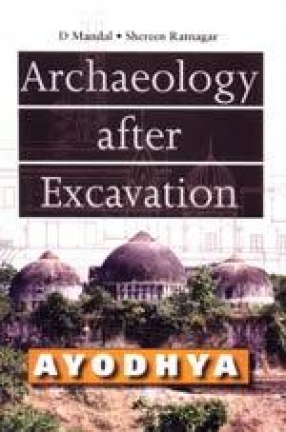

This book approaches the archaeology of the Harappan culture of Pakistan and India from the view point of the early state. It attempts to tease out information on the mobilization of labour, the organization of production, the direction of overseas trade by a newly formed elite, and the management of scarce water resources by the rulers. It discusses the environment and productivity of the culture, the sequence of excavations, early ideas of the civilization as ...

As an archaeologist Shereen Ratnagar has been long involved in studying the enigma of early kin-organized, small-scale and non-specialized societies which lack private landed-property and are free of a money economy; societies that we call tribal. Having conducted ethno-archaeological research amongst tribal people in eastern Gujarat, she spent a few months living with them to investigate how, in spite of their miniscule land holdings, they are able to raise ...
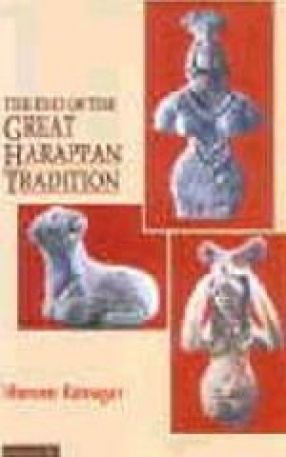
The Heras Memorial Lectures honour the memory of an eminent historian and archaeologist, the Rev. Henry Heras, S.J., who came to India from Spain in 1922 to be Professor of Indian History at St. Xavier's College, Bombay. In 1926 he founded the Indian Historical Research Institute, later renamed the Heras Institute of Indian History and Culture. He died in Bombay in 1955, after spending more than half of his life in digging up India's past, in order to ...
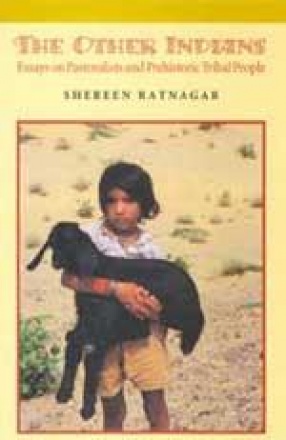
The essays in this volume are an attempt to tease out from the scant archaeological (and to some extent historical) sources available, some information on certain aspects of rural societies in the past: mobility, subsistence from animal herding, symbiosis between crop production and animal rearing, situating hunters and gatherers, and the importance of forest as integral to rural life rather than the dichotomous ‘other’ of the field or village. There is also ...
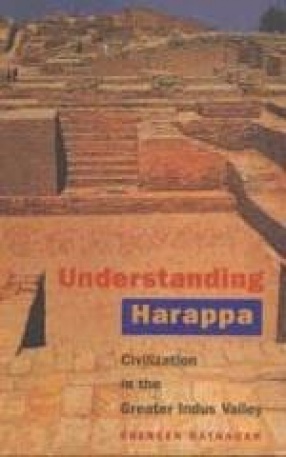
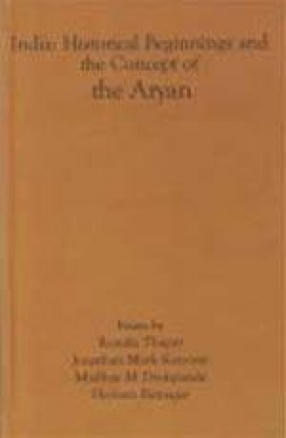
The four essays in this volume provide fresh insights into the beginnings of Indian history, once a straight forward story, now replete with complex and controversial arguments. Setting out the parameters of the problems involved, the essays look at four different aspects that have gone into the understanding of what is now called the Aryan and Aryan culture. Unpacking a range of new evidence--archaeological, linguistics, anthropological and historical--the book ...

This is a study of technology as self-help endeavour in the home and the provisioning of the household; as work in the rural workshop that supplies pots or iron tools for the village; and as techniques mastered in the urban workshop, feasible not in simple tribal villages but when new production institutions emerge with the development of a political hierarchy. The reader is taken from the agricultural field to the building of the home (with its food-processing ...

The controversy over the history of a small site in the city of Ayodhya has been a blot on the recent history of India, not least because it has led to the deaths of hundreds of people. Was there indeed a temple commemorating the birth of the God Ram under the Mosque built by a General of Babur? For many who were not drawn into one or other position, this began to look like a matter of ideology rather than fact. This, until the time when the High Court of ...
